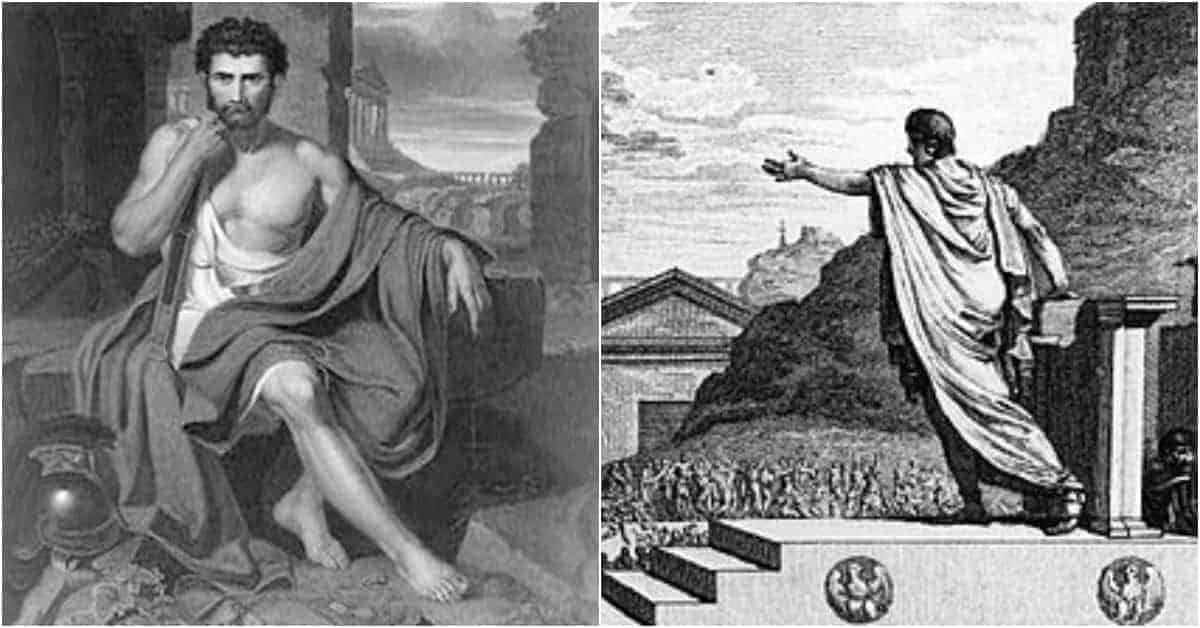The Res Publica Romana, or the Roman Republic, was the nearly 500 year period between the overthrow of the Roman monarchy in 509 BC and the establishment of the Roman Empire in 27 BC – a period which saw the expansion of Rome from an insignificant city in central Italy into the world’s most powerful state, ruling or exerting hegemonic power over the entire Mediterranean world.
The evolution of government during the Republic was strongly influenced by a struggle between the patrician class, the landed aristocracy who traced their lineage to Rome’s founding, and the far more numerous plebeians, or common citizens. Initially, the patricians monopolized the Republic’s high offices, but gradually, their exclusive control was weakened and repealed, and powerful plebeian families joined the aristocracy.
More than 2,000 years after its collapse, the Roman Republic’s impact can still be felt, and many of its legislative and legal structures were codified in the Napoleonic Code, still followed in large part in most of Europe and much of the world. Additionally, the Republic’s ethos of public service and devotion to duty and the common good survive as ideals of what government service is or ought to be, and throughout the Enlightenment, political thinkers and reformers, in both the Old World and New, repeatedly drew on Roman Republican ideals.
Following are twelve of the most influential leaders of the Roman Republic:

Lucius Junius Brutus
Lucius Junius Brutus (flourished 6th century BC) was the legendary founder of the Roman Republic, and the ancestor of Marcus Junius Brutus who assassinated Julius Caesar, the dictator who brought the Republic to an end. This early Brutus is credited with organizing and leading the rebellion that ousted Rome’s last monarch, after which Brutus was elected to the new republic’s first consulship – Rome’s highest office.
Rome had been ruled by kings until 509 BC, when the king’s son, Sextus Tarquinius, raped a noblewoman, Lucretia. Tradition has it that to preserve the family’s honor, she told all to family members and other gathered Romans, and then stabbed herself to death. Until then, Brutus, a nephew of the king, had given little sign of potential greatness – the name Brutus is Latin for “Dullard”. He had his own grievances against the king, who had executed Brutus’ brother, and it is possible that Brutus acted the dimwit to avert his uncle’s suspicions. Whatever the case, it all changed on the day of Lucretia’s death: pulling the knife out of her breast, Brutus vowed revenge and led a popular revolt.
By 507 BC, the monarchy was done with, and Rome had become a republic, with Brutus its first chief magistrate. He epitomized the ideal of devotion to duty and severe impartiality in its fulfillment: he condemned his own sons to death when they joined a conspiracy to restore the kings. Tradition holds that he was killed during a battle against a royal army, in single combat with the son of the king whom Brutus had ousted.
He is credited with establishing many of basic institutions of the Roman Republic, which lasted for about half a millennium before it collapsed and was done away with by Julius Caesar and Augustus. Many of Brutus’ Republican institutions continued for centuries more, in altered and reduced form, as emperors strove to at least pay lip service to the republican facade.

